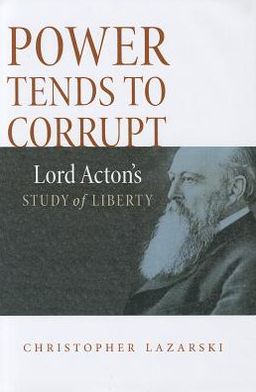Power Tends to Corrupt
Christopher Lazarski comes to Liberty Law Talk to discuss his deep inquiry into Lord Acton’s attempt to understand the dimensions and nature of liberty as it unfolded in Western history. In this podcast, Lazarski underscores Lord Acton’s historical quest to find the conditions of liberty, as well as his formal understanding of what constituted liberty. The conditions of Acton’s ordered liberty we can describe as “arbitrary law,” national history, and a bottom-up development of positive law.
Arbitrary law was Acton’s way of describing divine and natural law, which he believed a pillar in support of political liberty because it was law that transcended human invention. The significance is that man is not the author of truth and authority but discovers and receives them. As a result, Acton stresses that liberty is a “summons to do what one ought,” and not a expansive practice limited only by the rights of others. National history is merely that political tradition that provides weight and context to the collective choices being made by persons in society. Perhaps the key here is the generational inheritance of a regime of ordered liberty that must be preserved and modified by each subsequent generation. Again, liberty under law is profoundly stressed by Acton. Lastly is the growth of rule of law by communities in their traditions and habits as opposed to the geometric projection of individual liberty from the center as in the French Revolution. Lazarski also provides a fertile discussion of Acton’s understanding of liberty of conscience and his differences from John Stuart Mill on the general question of liberty.


